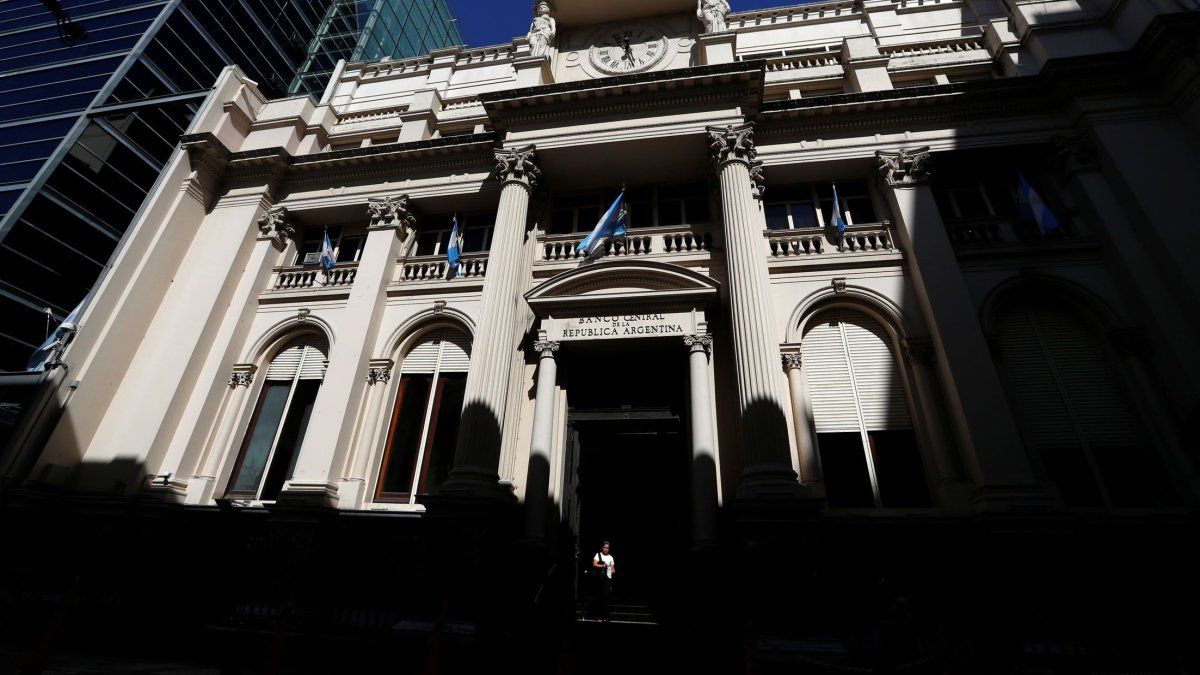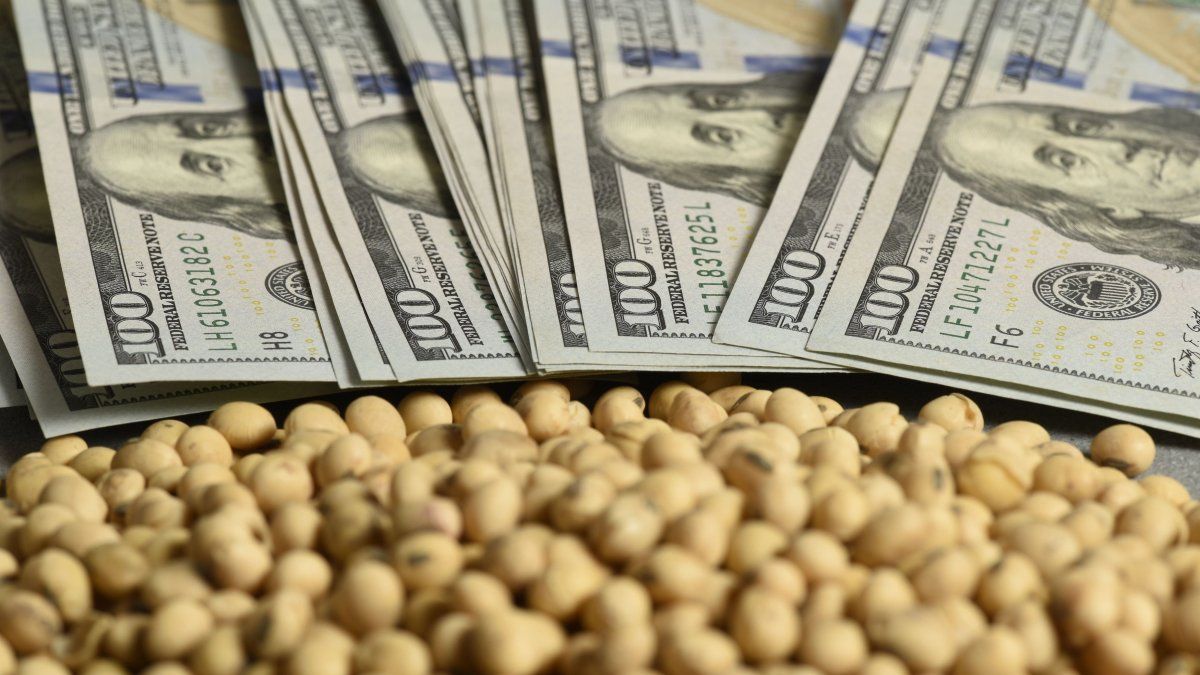Embarked in a business dispute with her MODO competitor around the interoperability of QR codes, the company Mercado Libre came out to counter accusations from political sectors, from where they denounce that the signature of Marcos Galperin benefits from public subsidies.
In fact, although The company admits that it receives such subsidies provided by the Knowledge Economy Promotion Law (like thousands of other companies in the sector), also He claims to pay taxes for much more than he receives.
meliimpuestos.png
So Mercado Libre officially reported that during 2023 it paid taxes for the equivalent of $1,475 million, while as an agent of perception and withholding taxes from third parties, spent another US$1.9 billion.
The company is in the eye of criticism from sectors linked to Kirchnerism, from where its dominant character in the market is questioned. According to private studies, 80% of electronic commerce is carried out through its platform.
“The tax incentive obtained by the investment promotion regime of “The Knowledge Economy Law was approximately 100 million dollars,” Mercado Libre said in a statement.
In that sense, the note from the main electronic commerce firm in the Argentine market says: “We pay fifteen times more than we receive per year and we export technological services for US$900 million in 2023.”
Screenshot_2024-05-20_17-29-04.png

The company’s report also says that “in Latin America, many countries compete with each other for investments and attraction of talent through different promotion regimes.”
“Due to the lack of clarity of policies and a stable regulatory framework, our technology team went from being 80% hosted in 2019 in Argentina to 35% in 2023,” Indian.
The note adds that “If 80% of our technological team had remained in Argentina, today we would be 6,600 more professionals in the country and in 2023 we would have exported US$500 million more.” Furthermore, the firm indicates that it would have “contributed US$146 million more in taxes, while the tax incentive would have been only US$64 million more.”
On the other hand, Mercado Libre indicated that as an agent for withholding and collecting taxes from third parties, it paid taxes to the different treasuries for others. US$1.9 billion.
“Mercado Libre and Mercado Pago help formalize the economy, so we also collaborate in collecting taxes for each transaction our users make,” the note says. “Without the formalization that Mercado Libre generates in the economy, a large part of that collection would not have existed before,” the company clarified.
The fight with MODO
The firm is in full negotiation with the MODO virtual wallet that belongs to 36 local banks. On May 1st the QR code interoperability for credit card payments, but although everything is ready in technical terms, economic agreements are missing.
MODO denounced Mercado Libre before the National Commission for the Defense of Competition (CNDC) for abuse of dominant position. It questions its competitor’s vertical integration of the business, which prevents the banks’ acquirers from being able to make payments from Mercado Libre. The negotiation revolves around the payment of a fee, which Mercado Libre considers has to be 0.3% while the banks consider 0.07% for each operation.
Source: Ambito




